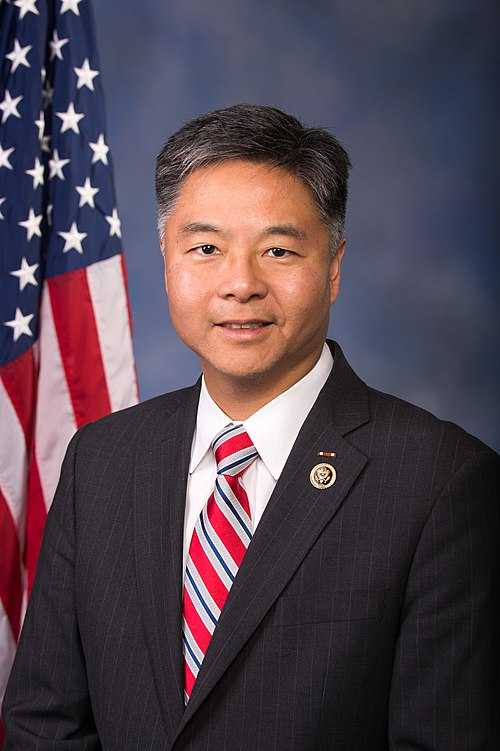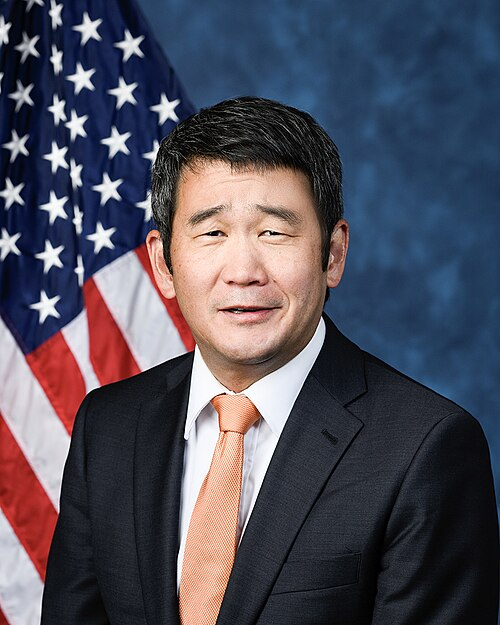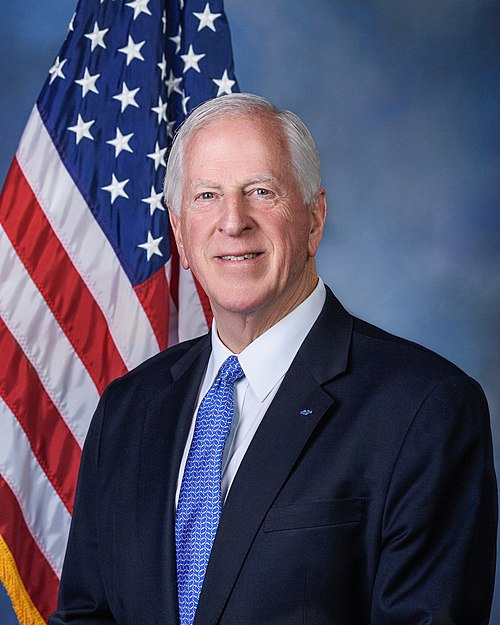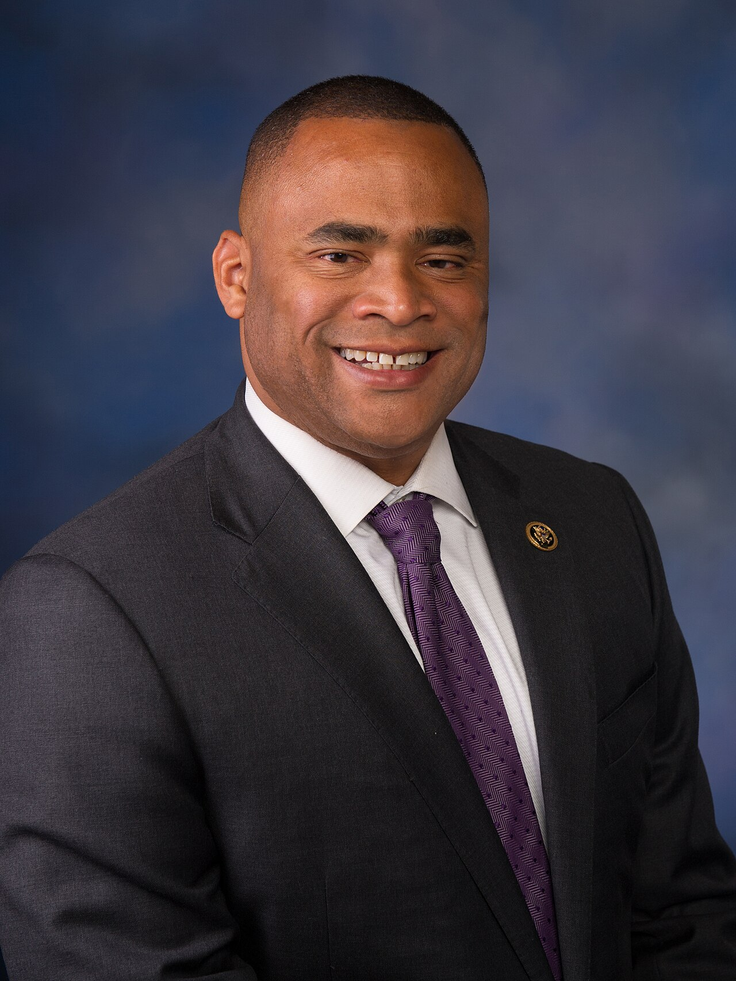H.R. 4076: Insurrection Act of 2025
The bill titled the Insurrection Act of 2025
proposes to grant limited authority to the President to use the Armed Forces for the purpose of suppressing insurrection, rebellion, or significant domestic violence in the United States. Here are the main points of the bill:
Short Title
This act can be referred to as the Insurrection Act of 2025
.
Authority to Use Armed Forces
The bill articulates that the deployment of Armed Forces should only occur as a last resort when:
- State and local authorities are unable to manage insurrections or domestic violence.
- Federal civilian law enforcement is inadequate in enforcing laws obstructed by such situations.
Conditions for Deployment
The President may authorize Armed Forces action only under specific circumstances, including:
- There is an insurrection or rebellion in a State that overwhelms local authorities.
- Widespread domestic violence in a State that local authorities cannot control.
- Obstruction of State or Federal laws that denies specific rights or safety protections, and local or federal officers cannot intervene effectively.
Presidential and Congressional Involvement
The bill mandates that:
- The President must consult Congress as much as possible before using military power.
- The President has to issue a proclamation detailing the basis for military intervention.
- A written report must be submitted to Congress at the time the proclamation is made.
Duration and Approval of Authority
The President's authority to use Armed Forces is limited to:
- A 7-day period initially after making the proclamation unless Congress enacts a joint resolution approving the action.
- The joint resolution can extend authority for an additional 14 days, subject to congressional review and approval.
Limitations on Military Actions
In exercising this authority, several limitations are imposed:
- Military forces must follow prescribed rules of engagement.
- Rights protected by the Constitution, including habeas corpus, cannot be suspended.
Judicial Review
Individuals or entities can challenge the deployment of Armed Forces in court. Courts will review these actions for legal compliance and can expedite proceedings.
State Definitions and Guard Limitations
The term State
includes territories like Puerto Rico and the District of Columbia. The bill also restricts the deployment of National Guard members who are on training or other duties from being used to suppress domestic uprisings.
Termination of Authority
The exercise of authority under this act can end under certain conditions, such as:
- Expiration of time limits set by the bill.
- Presidential revocation of assistance requests.
Relevant Companies
- BA (Boeing Company) - The military actions could impact defense contracts and the operations involving military equipment provided by defense contractors.
- LOCK (Lockheed Martin Corporation) - Similar to Boeing, Lockheed could see direct impacts based on increased military needs during deployments.
- RTX (Raytheon Technologies Corporation) - As a major defense contractor, the demand for their military technologies and services may be influenced by the usage of Armed Forces under this Act.
This is an AI-generated summary of the bill text. There may be mistakes.
Sponsors
44 bill sponsors
-
TrackChristopher R. Deluzio

Sponsor
-
TrackAlma S. Adams

Co-Sponsor
-
TrackYassamin Ansari

Co-Sponsor
-
TrackBecca Balint

Co-Sponsor
-
TrackSuzanne Bonamici

Co-Sponsor
-
TrackAndré Carson

Co-Sponsor
-
TrackGreg Casar

Co-Sponsor
-
TrackSean Casten

Co-Sponsor
-
TrackSteve Cohen

Co-Sponsor
-
TrackDiana DeGette

Co-Sponsor
-
TrackMaxine Dexter

Co-Sponsor
-
TrackLloyd Doggett

Co-Sponsor
-
TrackVeronica Escobar

Co-Sponsor
-
TrackLizzie Fletcher

Co-Sponsor
-
TrackLois Frankel

Co-Sponsor
-
TrackJohn Garamendi

Co-Sponsor
-
TrackSylvia R. Garcia

Co-Sponsor
-
TrackJesús G. "Chuy" García

Co-Sponsor
-
TrackDaniel S. Goldman

Co-Sponsor
-
TrackMaggie Goodlander

Co-Sponsor
-
TrackJahana Hayes

Co-Sponsor
-
TrackChrissy Houlahan

Co-Sponsor
-
TrackVal T. Hoyle

Co-Sponsor
-
TrackJared Huffman

Co-Sponsor
-
TrackJonathan L. Jackson

Co-Sponsor
-
TrackSara Jacobs

Co-Sponsor
-
TrackPramila Jayapal

Co-Sponsor
-
TrackHenry C. "Hank" Johnson, Jr.

Co-Sponsor
-
TrackTimothy M. Kennedy

Co-Sponsor
-
TrackGeorge Latimer

Co-Sponsor
-
TrackSummer L. Lee

Co-Sponsor
-
TrackTed Lieu

Co-Sponsor
-
TrackDave Min

Co-Sponsor
-
TrackJoe Neguse

Co-Sponsor
-
TrackEleanor Holmes Norton

Co-Sponsor
-
TrackJohnny Olszewski

Co-Sponsor
-
TrackBrittany Pettersen

Co-Sponsor
-
TrackDeborah K. Ross

Co-Sponsor
-
TrackPatrick Ryan

Co-Sponsor
-
TrackAndrea Salinas

Co-Sponsor
-
TrackJanice D. Schakowsky

Co-Sponsor
-
TrackShri Thanedar

Co-Sponsor
-
TrackMike Thompson

Co-Sponsor
-
TrackMarc A. Veasey

Co-Sponsor
Actions
2 actions
| Date | Action |
|---|---|
| Jun. 23, 2025 | Introduced in House |
| Jun. 23, 2025 | Referred to the Committee on Armed Services, and in addition to the Committee on Rules, for a period to be subsequently determined by the Speaker, in each case for consideration of such provisions as fall within the jurisdiction of the committee concerned. |
Corporate Lobbying
0 companies lobbying
None found.
* Note that there can be significant delays in lobbying disclosures, and our data may be incomplete.




















